

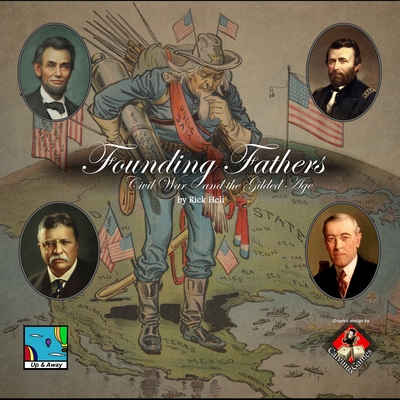
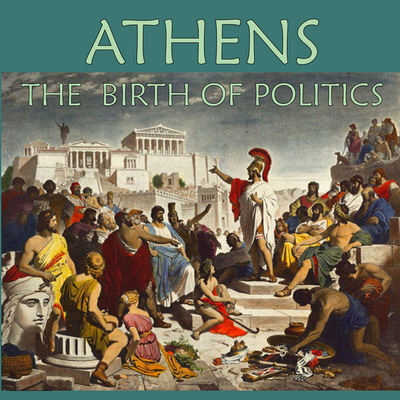

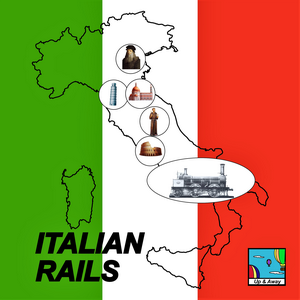




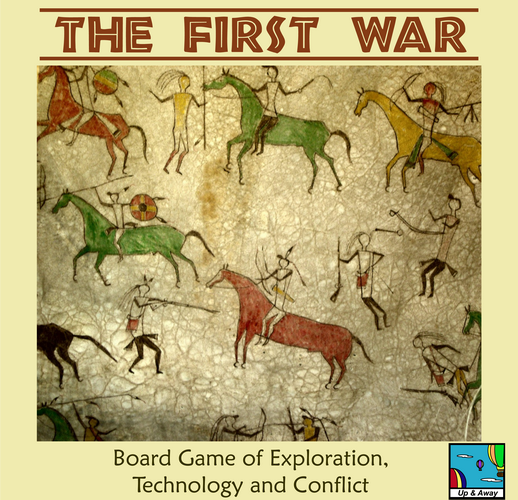
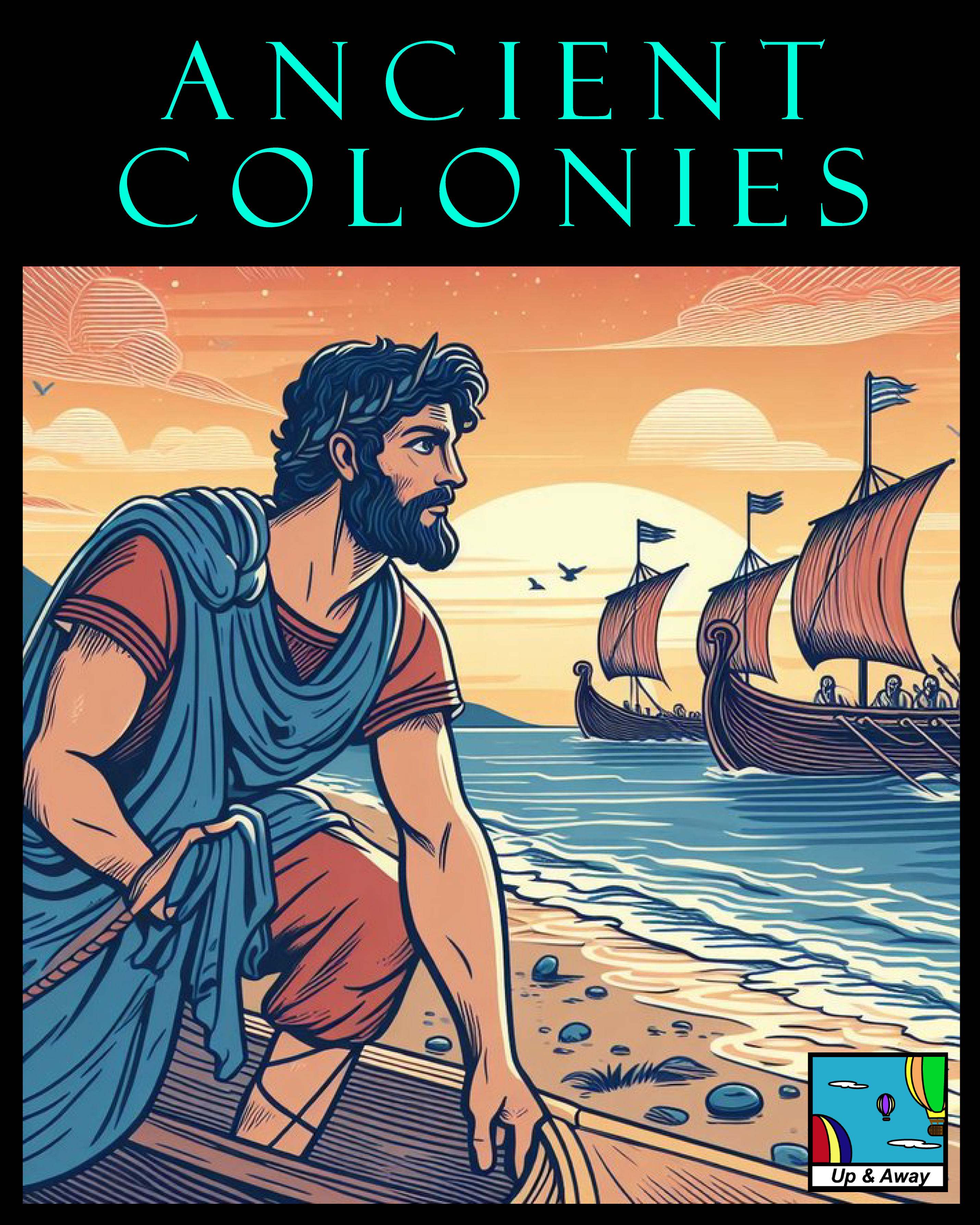












|

|
DESIGNER DIARY
by Rick Heli I thought it might be fun to write something about my game design projects, something I've never tried before. |
May 2, 2022
This time let's have another look at how the Han Dynasty expansion for
Imperial Glory is going.
This worked out in some interesting ways. As with most dynasties, the early emperors were talented and virtuous. Consequently, they got good names. The first one, Guang Wu, was called Strong and Martial, The second, Brilliant, and the third, Diligent. But just as with Nero in Rome, quality, at least as history views it, began to decline. There arrived an emperor whose chief interest was decadence and chasing women of the imperial harem. There must have been a meeting to decide what he should be called. I like to imagine how that went ...
Chief Advisor: Well, we're charged today with a difficult task ...And indeed, "Agile" is one possible interpretation of the name of the emperor called Lingdi.Advisor 1: To choose the posthumous name of our late, lamented emperor.
Chief: This won't be an easy one. Any suggestions?
Advisor 2: "Horny"?
Chief: Please be serious.
Advisor 1: But it is in the right direction.
Advisor 3: How about "playful"?
Chief: Hmm, yes... but still not plausible enough.
Advisor 2: I've got it!
Chief: Yes?
Advisor 2: "Agile"!
Advisor 1: Those in the know will know what it means. Everyone else won't be bothered.
Chief: Sold!
The emperor cards have all been created. I decided to remove any emperor whose reign was less than two years because it's just too difficult to evaluate their reigns. They didn't really have enough time to leave any imprint. That left a few extra emperor cards, so you will get to see the stats of a few Roman emperors in this set already, even though their empire is not ready yet.
One amusement in the research was a book that stated the Empress Deng Sui had quite a stature. In fact, according to a serious book (Fire Over Luoyang, p. 200) on the subject, she was no less than seven feet and two inches tall! I'm thinking this must be a misprint, but it's fun to imagine. A possible ancestor for Yao Ming, I suppose.
The situation in China is just the opposite! For example, the game needs ten generals, all of whom should have actual names (and brief biographs in the rules booklet). But so far there are 79, and counting, to choose from! It's not even a matter of picking the ten best either, because of necessity some of the generals must be not very good. (If all generals were of the same quality, it would be very boring). Once the generals have been selected, there is the question of their special abilities or limitations, which I hope to tie into their real life performances.
After the generals there are, of course, six other types of advisors from diplomats to builders to administrators to scientists, artists and agents. All of these need names and special abilities as well. The task is immense, but well under way.